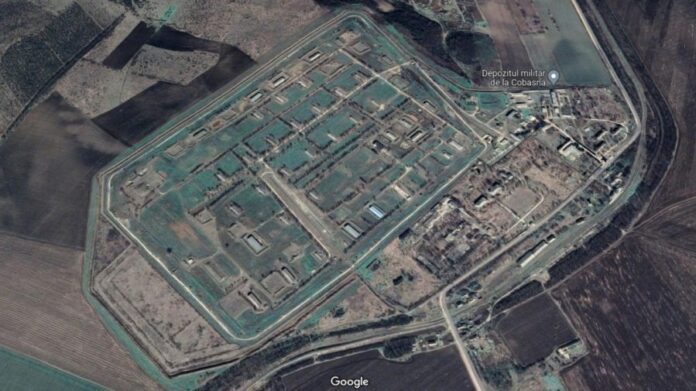The Cobasna depot poses a danger to the Republic of Moldova, but after the munitions are destroyed, Moldova will face a new challenge — how to reintegrate the people employed in the military and security structures of the Transnistrian region. WatchDog expert Andrei Curararu and journalist Evgheni Ceban stated in the RLIVE TV studio that, in their view, Moldova should invest funds to demobilize these individuals, reintegrate them into society, and remove them from Russian ideological influence.
Referring to potential NATO support for withdrawing old military equipment from the left bank of the Dniester, the analysts noted that since the 2000s, the North Atlantic Alliance has helped Moldova destroy herbicides, provided assistance in civilian missions, and built a base for neutralizing dangerous objects in Bulboaca.
Andrei Curararu explained at „Территория свободы” that as the Russian soldier moves closer, Romania and NATO increase their support for the Republic of Moldova. He noted that Russian narratives about Chisinau’s cooperation with the North Atlantic Alliance intensify as a result.
“We understand that without infrastructure for peace, war will come to us. And it is clear that a poor country like the Republic of Moldova does not have a security infrastructure. We bought some Israeli howitzers, and the Transnistrians immediately made noise. From what I understand, there are only three or four. And if you compare this with their military capabilities, they are many times larger. They even tried to rattle their weapons by organizing historical reenactments this summer. But it is clear that NATO could become a stabilizing factor,” Curararu said.
Evgheni Ceban added that although Moldova and NATO cooperate only on common peace projects, Moldovans have feared the Alliance since the Soviet era and the bipolar world. The author of the “Most” project, which focuses on Transnistrian issues, also said that despite the lack of military threats against Moldova, risks persist in the region outside constitutional control.
“In the public space, people speak increasingly often about the need to act on this problem, and the Government led by Mr. Munteanu must take on this work. I hope the Government will take the initiative, considering the context around Transnistria has changed, since Russia has not managed to create a corridor to the region. And the crisis caused by Russia continues. The situation there will slowly degrade and worsen, and sooner or later someone will have to take responsibility for the region,” Ceban said.
Recently, Russia released several false claims about a potential NATO incursion into Transnistria and alleged troop concentrations in Odesa. Pro-Kremlin Telegram channels amplified these rumors. Officials from the North Atlantic Alliance previously told Realitatea that NATO respects the sovereignty and territorial integrity of partner states, including the Republic of Moldova, and that all partnerships are based on the sovereign decisions of those countries.
Chisinau has repeatedly stated that Russia is the only state violating the sovereignty of the Republic of Moldova by keeping troops on the left bank of the Dniester.
According to the Bureau for Reintegration Policies, the Russian military contingent within the Joint Peacekeeping Forces includes 430 individuals. An additional 1,500 soldiers belong to the Operational Group of Russian Forces, stationed illegally in the region.
The Joint Forces remain in Moldova under the July 1992 agreement that ended the Dniester War. The Joint Control Commission — composed of delegations from Moldova, Russia, Ukraine, the OSCE, and representatives of the separatist administration — monitors the mission.
Prime Minister Alexandru Munteanu’s governing program states that Chișinău intends to transform this contingent into an international civilian mission.
Since the end of the 1992 Dniester War, the separatist authorities have repeatedly defied the constitutional government, claiming that Russian troops are the guarantors of peace in the territory outside Chișinău’s control. Moscow continues to promote the false narrative that Moldova’s rapprochement with the West, including NATO, could lead to a potential war with Russia.
Moldova and NATO have maintained partnerships since 1994. Their cooperation respects Moldova’s neutrality and focuses on modernizing institutions and shaping a responsible regional actor that contributes to stability and remains resilient to various threats.
The Alliance helps Moldova destroy pesticides and hazardous chemicals, strengthen civil protection, improve the defense-related medical system, enhance cybersecurity, and modernize institutions. Moldovan soldiers also participate in joint exercises with NATO counterparts and learn from their experience so that Moldova can become an actor that ensures security and stability in the region.


